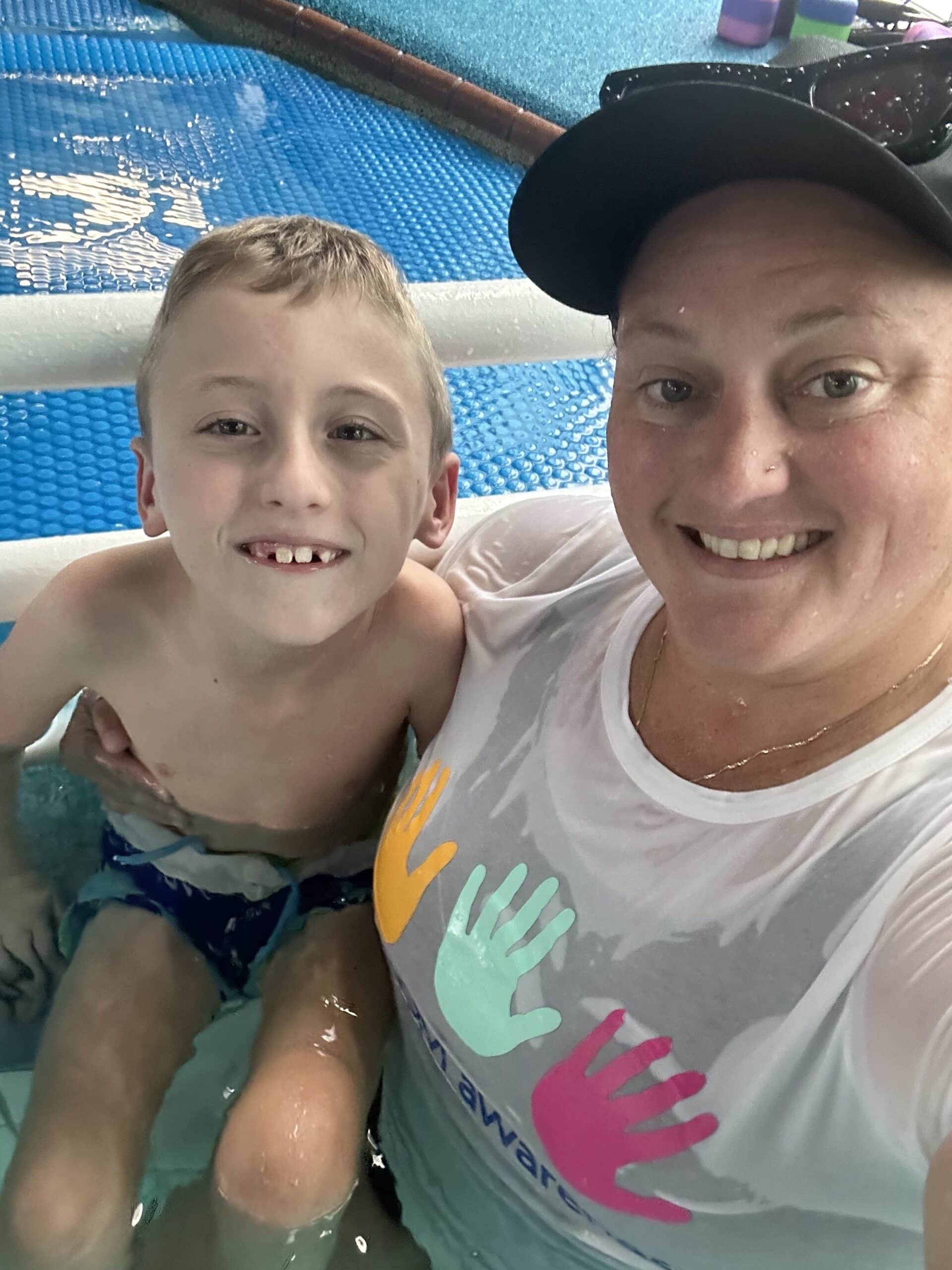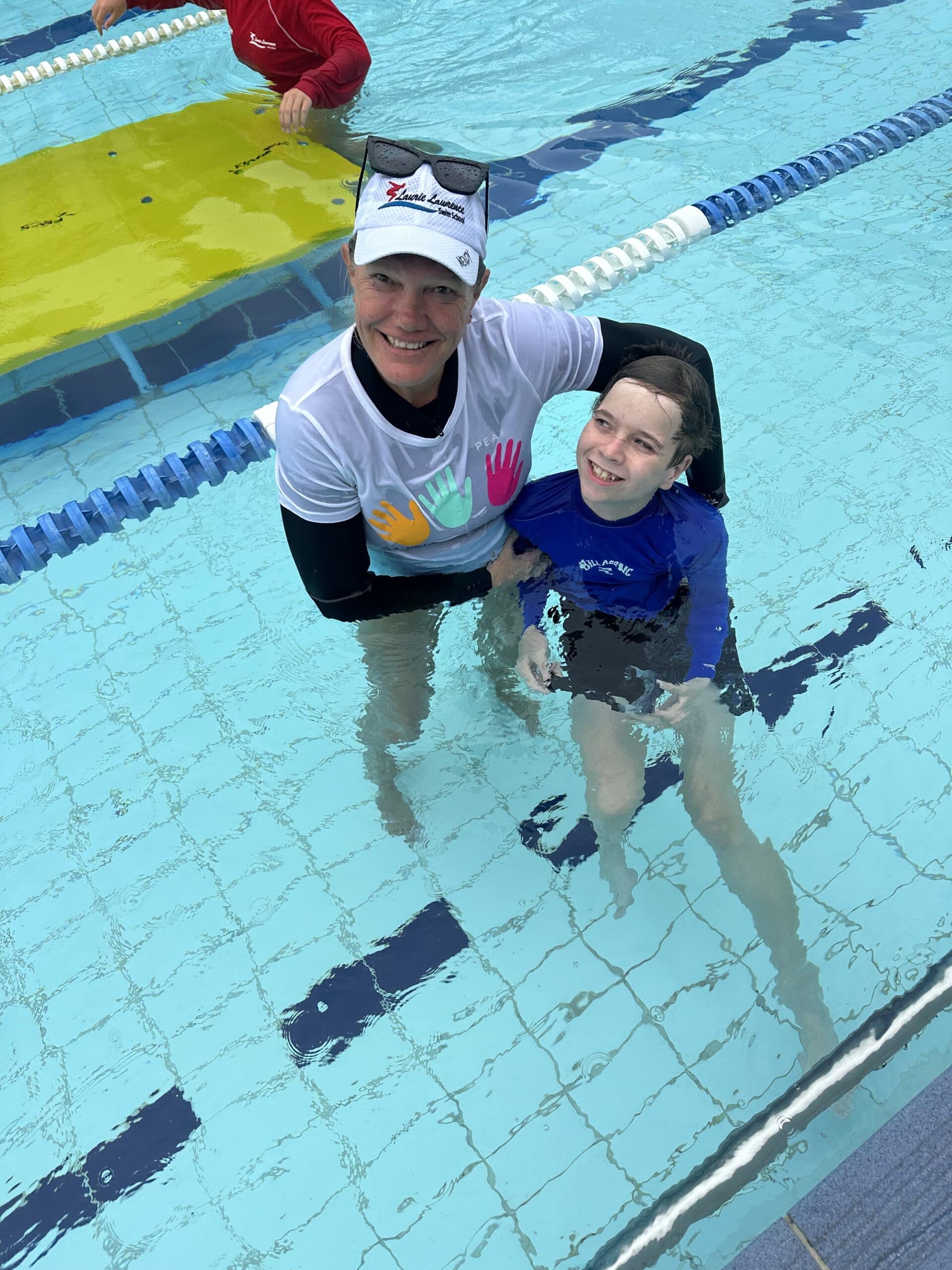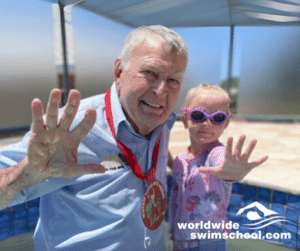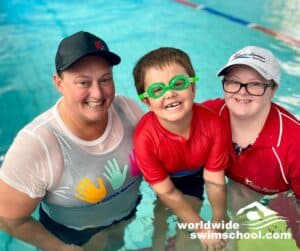Autism is often framed in terms of challenges, but people on the autism spectrum also offer unique perspectives and strengths that the wider community can learn from and celebrate. By embracing neurodiversity, we create richer, more inclusive environments where everyone benefits.
Honesty
One of the most valuable qualities often observed in autistic individuals is honesty. Many people on the spectrum communicate with a refreshing directness that can foster clarity and authenticity in both personal and professional relationships. Their commitment to truth can remind us of the importance of transparency in a world where communication is often filtered or overly cautious.
Deep Focus
Another admirable trait is deep focus. Autistic individuals often develop strong interests and are able to immerse themselves in topics with extraordinary dedication. This kind of sustained attention can lead to remarkable innovation and creativity, inspiring others to pursue their passions with similar intensity.
Attention to Detail
Attention to detail is also a strength commonly associated with autism. Whether in creative pursuits, technical tasks, or problem-solving, many autistic individuals notice patterns and nuances that others might miss—skills that are invaluable in industries such as science, design, technology, and engineering.

Empathy
Furthermore, we can learn a great deal about empathy in action. While some may mistakenly assume autistic individuals lack empathy, many demonstrate deep compassion and a strong sense of justice. They often advocate for fairness and inclusion, encouraging us to rethink what empathy looks like and how we express it.
Consistency and Reliability
Consistency and reliability are often overlooked but powerful attributes. Many autistic individuals value routine and predictability, which can translate into a strong work ethic, punctuality, and dependability—traits that are greatly valued in both educational and workplace settings.
Non-conformity
Non-conformity can also be a strength. Autistic individuals are often less influenced by societal expectations or peer pressure, allowing for more original thinking and authenticity. Their willingness to challenge the status quo can lead to important societal shifts and creative breakthroughs.
Additionally, we must not underestimate the importance of inclusive education and communication. By making adjustments that support autistic individuals—such as clear visual aids, structured learning environments, or sensory-friendly spaces—we often find that these changes benefit everyone. Accessibility enhances the learning and working experience for all, not just for those who are neurodivergent.

Accepting Differences
Lastly, autism teaches us as swimming teachers the power of accepting differences. Living in a neurodiverse world means recognising that there is no single “right” way to think, communicate, or behave. By learning from people with autism, we gain insight into alternative ways of experiencing the world—encouraging patience, understanding, and ultimately a more compassionate society.
Let’s shift the narrative. Instead of only focusing on what people with autism need from society, we should also ask: What can society learn from them? The answer is—quite a lot.
Learn more from our community
To celebrate World Autism Month we have savings on our Adapted Aquatics - Autism learning packs. Save 20% until end of April 2025. Get more information here.
If you’d like to receive latest offers from Laurie Lawrence as well as many other benefits, join World Wide Swim School Community today - it is FREE!





